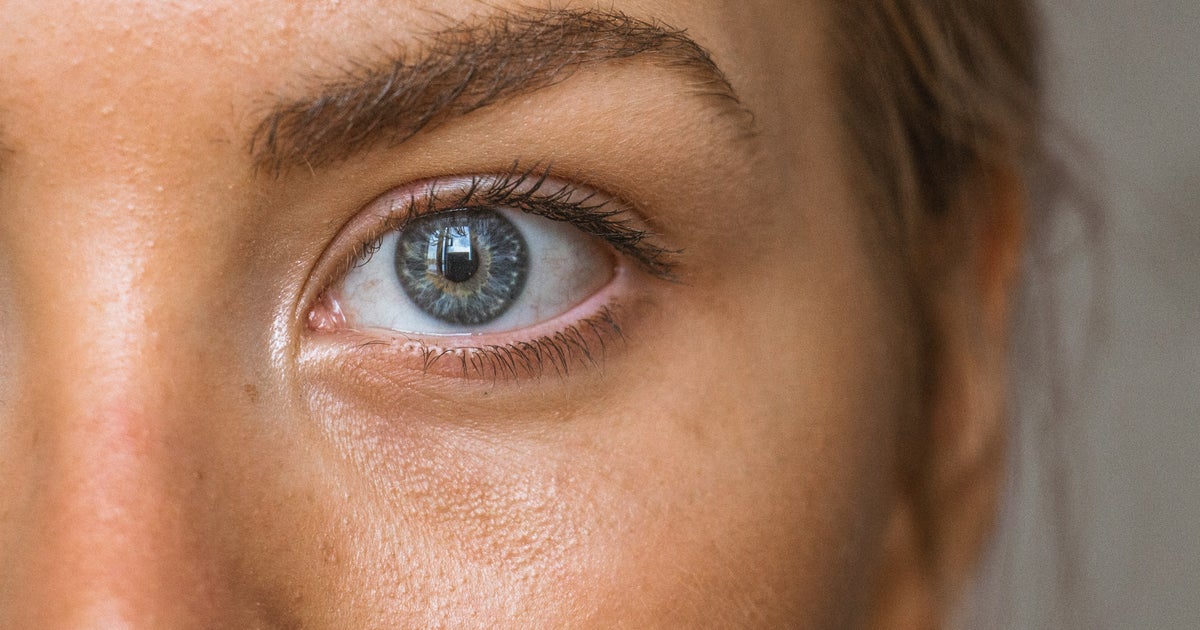
The Surprising Effect Menopause Can Have On Your Eyes
You might associate menopause with a few symptoms: hot flushes, disrupted sleep and changes to your libido, for instance.
But other side effects, like a frozen shoulder, tinnitus, and a burning mouth, are lesser-known side effects.
Perhaps that’s because more than 90% of women were never taught about the menopause in school (even once they start noticing symptoms, University College London noted just 60% seek more information).
And yet another under-recognised example of how menopause can impact women, said Marcela Espinosa-Lagana, consultant ophthalmic surgeon at Centre for Sight, includes changes to the eyes.
“Many women don’t realise that menopause can impact their eyesight,” she said.
“We want to encourage women to seek help, get regular eye checks, and explore treatment options rather than suffer in silence.”
How can menopause affect your eyes?
We aren’t exactly sure why, but dry eyes are associated with menopause and perimenopause (the stretch of time where some symptoms of menopause kick in, but before you’ve gone without your period for a full year).
Scientists originally thought the change was linked to lower oestrogen levels, but more recent research suggests it could be down to androgens, like testosterone.
Whatever the cause, though, Dr Espinosa-Lagana said: “Eye symptoms such as dryness, irritation or visual changes should not be ignored.”
You might face itchiness, a “burning” or gritty feeling, blurriness, or an increased sensitivity to light.
For mild cases, the surgeon advised trying:
- A warm compress – Soaking a flannel in warm (not hot) water and gently applying it to the eyes helps the glands around the eyes produce oils that lubricate the area, she noted.
- Lubricating eye drops – Over-the-counter eye drops can relieve dryness. Try different types to see what works best. Non-preserved drops may be gentler if irritation occurs, added the surgeon.
Some research suggests that Omega-3 fatty acids, like those found in fatty fish, can help tear quality and make dry eye easier to manage.
When should I see a GP?
See your doctor when you first notice, or suspect, signs of menopause or perimenopause. This includes dry eyes.
Hormone replacement therapy (HRT) may help with the issue if it’s caused by hormonal changes, Dr Espinosa-Lagana said. Steroid eye drops and even light therapy may be used, too.
The NHS says that whether you think you’re menopausal or not, you should see a GP if your dry eye symptoms persist after trying home treatments for a few weeks and/or if there’s been a change to the shape of your eyelids.
First Appeared on
Source link






